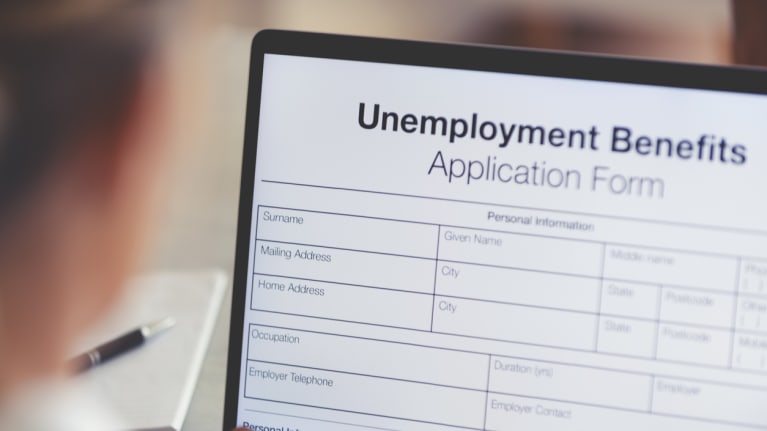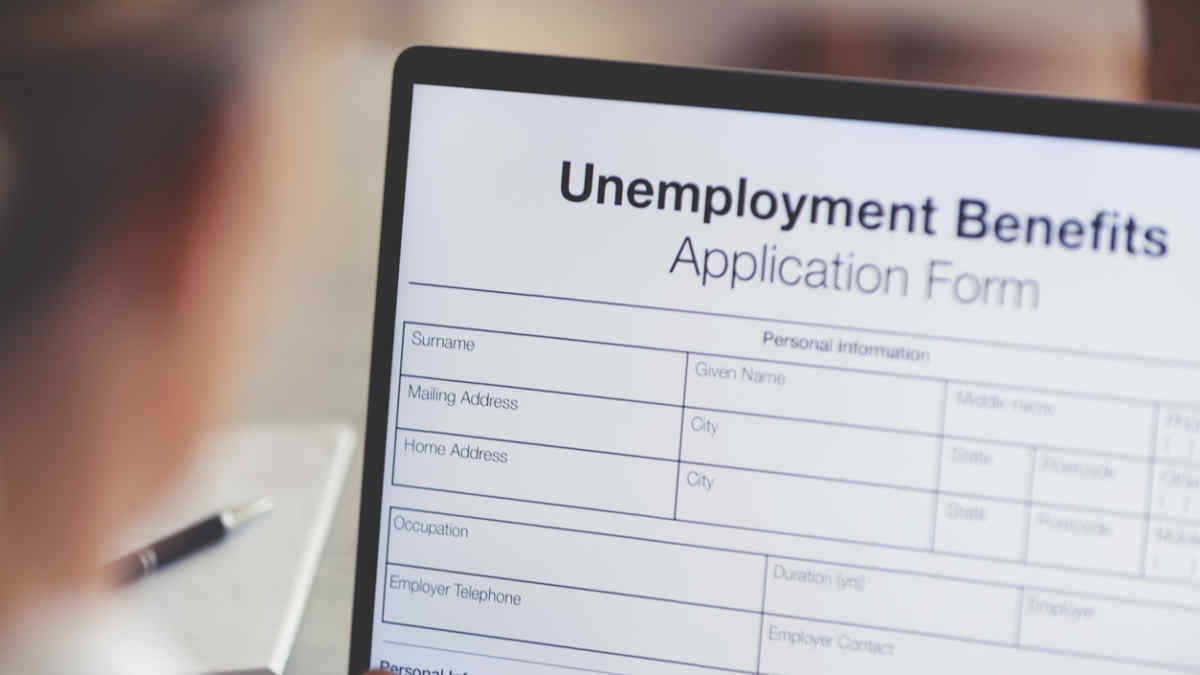

?Knowing when employers have a strong case against paying unemployment insurance (UI) benefits claims—and when they don’t—factors into whether employers challenge them. Employers should be straightforward in response to questions from state UI departments and avoid missteps when challenging benefits.
Employees may receive unemployment compensation from the state during short periods of unemployment when they are terminated from their jobs. Unemployment insurance programs are funded by state (State Unemployment Tax Act—SUTA) and federal taxes paid by employers. If an employer has a high level of terminations where employees receive unemployment compensation, there may be higher SUTA tax rates for the employer. Generally speaking, state unemployment taxes are calculated based on an employer’s size, the amount the organization has paid in wages and the unemployment insurance benefits collected by former employees. These factors contribute to what is commonly referred to as the employer’s experience rating. This rating will set an employer’s SUTA tax rate for the next quarter, or longer, based upon state practices.
[SHRM members-only Q&A: What impact will unemployment claims have on our business?]
Questions to consider when determining whether to challenge unemployment benefits should include, according to Dan Kaplan, an attorney with Foley & Lardner in Madison, Wis.:
- Is there a legitimate basis for such a challenge?
- Does challenging the award make economic sense as far as time spent and the possible adverse developments of admissions or other statements at the hearing?
- Will fighting the award lead to more litigation from the former employee?
“Employers often weigh the time and resources in challenging benefits claims against the likelihood of benefits being denied,” said Debra Friedman, an attorney with Cozen O’Connor in Philadelphia.
Misconduct Disqualifying Individuals from Receiving Benefits
Kaplan said that examples of misconduct that may disqualify an individual from being awarded some unemployment compensation benefits include:
- Theft by the employee of the employer’s property.
- Negligent conduct that causes substantial damage to an employer’s property—for example, failing to lock away tools or leaving a fire burning that causes permanent loss.
- Falsifying business records, unless directed to do so by the employer.
- Engaging in harassment, assault or other physical violence in the workplace.
- Violating an employer’s drug and alcohol policy, so long as the employee had knowledge of the policy and admitted to the violation or is shown to have violated the policy through testing.
- Excessive tardiness by an employee, so long as the employer’s policy on attendance and tardiness has been communicated to the worker.
Laws vary depending on the state in which the individual is seeking unemployment benefits, noted Katherine Brustowicz, an attorney with The Wagner Law Group in Boston. She said that “the rule of thumb is that the disqualifying conduct is either willful or grossly negligent and is somehow work-related.” She gave a few more examples of disqualifying conduct, including being convicted of a felony, repeatedly engaging in deliberate misconduct, knowingly violating orders from a supervisor or endangering the safety of others.
“Serious misconduct” would disqualify an employee for the first few weeks of unemployment, said Pamela Moore, an attorney with McCarter & English in Hartford, Conn., and Newark, N.J. “Gross misconduct” disqualifies an employee entirely. Gross misconduct “would have to involve conduct comparable to a crime, such as theft or embezzlement,” she said.
Conduct that May Not Be Disqualifying
Some misconduct may not disqualify the former employee from receiving benefits if the employer does not have a policy against the conduct. For example, an employee hasn’t engaged in a disqualifying act of misconduct if the worker is caught having consumed alcohol during work if there is no policy against that, Kaplan said.
Typically, if the employer uses its policies and explains the basis for discharge in the initial questionnaire received from the UI department, the department will make the “right call” for the employer without any effort on the employer’s part, he said. “If the former employee appeals, then the employer may wish to appear or follow through with an appearance at the appeal hearing.”
“Attendance and no-call/no-shows are not always black and white,” Moore cautioned. “A lot will depend on which hearing examiner an employer gets because whether there is good cause is somewhat subjective.”
If an employee quits and claims that the working conditions were so intolerable no one would have stayed, a hearing officer may be sympathetic to the worker. “Hearing officers often side with the employee in cases where wages are lowered or an employee is required to perform duties in a different location or which would cause them a personal hardship,” Moore said.
Insubordination also might be subject to debate. “The directive has to be reasonable, so if there is a gray area on that question, it may not be worth fighting,” she said.
Resignations
Moore added that if someone has given notice, an employer should not hasten the worker’s exit. “If they give notice, terminating them could trigger an unemployment claim, turning a voluntary term into an involuntary term,” she said.
If an employee quits, there should be a signed resignation letter, so the employee cannot claim they were fired when work was available, she added.
Common Mistakes
Don’t try to soften the blow to the former employee by diminishing the description of why they were terminated to the state, cautioned Michael Studenka, an attorney with Newmeyer Dillion in Newport Beach, Calif. Employers sometimes do this to help employees qualify for UI, but “that’s false information,” he said. If the former employee sues for wrongful termination, those responses may be used against the employer.
Employers also sometimes promise an employee they will not contest unemployment insurance. “I recommend instead that they only promise to answer all questions truthfully if and when they’re asked,” he said.
Before firing a worker, an employer should consider progressive discipline. “What we’re seeing more and more is that the evaluators of employer responses are looking for corrective action taken by the employer when the misconduct involved a policy infraction,” said Joyce Chastain, SHRM-SCP, an employment law compliance consultant with The Krizner Group in Tallahassee, Fla. “So if a person is terminated for failure to report to work on time, the employer must show that they provided opportunities for the employee to correct the bad behavior before they were terminated. If there is no evidence of such action, the employee is likely to be confirmed for eligibility.”
Be prepared at a hearing, Moore recommended. “Also, be concise,” she said.
Chastain said that all too often employers “don’t stick to a single reason for the termination decision. They toss out all of the employee’s issues rather than stating and defending the one reason for the termination.”

